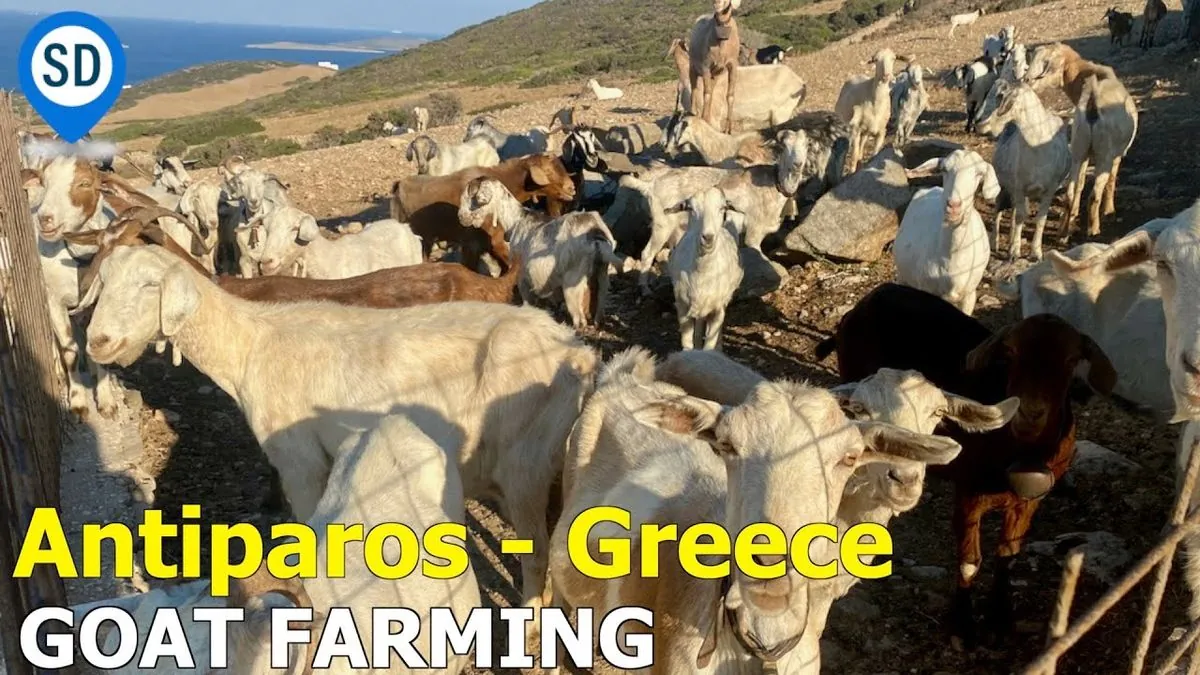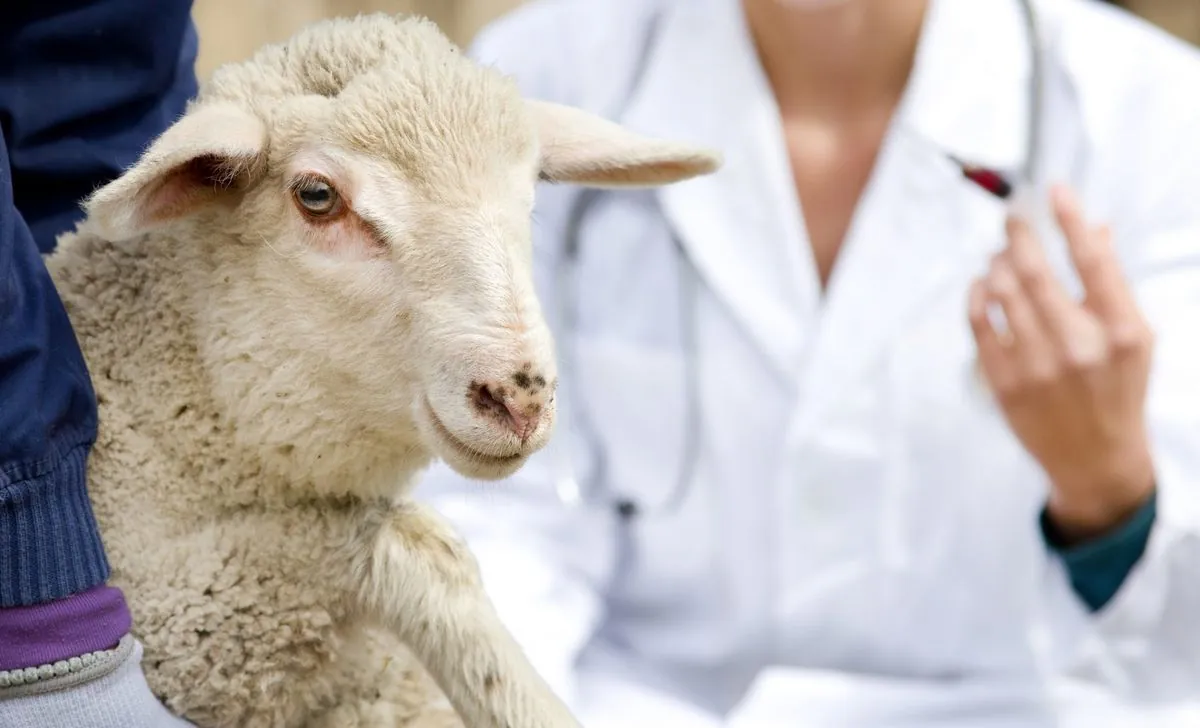Greece Eases Restrictions on Sheep and Goat Transport Amid Goat Plague Outbreak
Greece partially lifts ban on sheep and goat transport following goat plague detection. Movement allowed in unaffected areas from Monday, while infected farms face culling under EU protocols.

Greece has announced a partial relaxation of restrictions on the movement of sheep and goats, following an outbreak of Peste des Petits Ruminants (PPR), commonly known as goat plague. The decision comes after the disease was first identified in the country in July 2024, marking its initial appearance in Greece.
Agriculture Ministry officials stated that starting August 19, 2024, the transportation of animals for slaughter will be permitted in regions unaffected by the outbreak. This move aims to balance disease control with the needs of the livestock industry.
PPR, a highly contagious viral disease affecting small ruminants, has raised concerns in the Greek agricultural sector. While the virus poses no threat to human health, it can be devastating for goat and sheep populations, with mortality rates reaching up to 100% in severe cases.

The outbreak has primarily impacted central Greece, with over 20 farms affected and thousands of animals culled in accordance with European Union protocols. These measures require the elimination of entire flocks upon detection of a single case, highlighting the severity of the disease control efforts.
PPR, first described in Côte d'Ivoire in 1942, has since spread to over 70 countries across Africa, the Middle East, and Asia. The global economic impact of the disease is substantial, estimated at $1.45-$2.1 billion annually. Symptoms include fever, mouth sores, diarrhea, and pneumonia.
The Greek outbreak is part of a concerning trend, as PPR was first reported in Europe in 2018, with a case in Bulgaria. The Food and Agriculture Organization (FAO) has set an ambitious goal to eradicate PPR globally by 2030, recognizing its significant socio-economic impact on rural communities dependent on small ruminants.
"The movement of animals for slaughter will be allowed from Monday in the regional units that have not been affected by the plague of small ruminants."
As Greece navigates this outbreak, the partial lifting of the transport ban represents a cautious step towards normalcy. However, vigilance remains crucial, as the virus can survive for extended periods in chilled and frozen meat, necessitating ongoing monitoring and control measures.
The situation underscores the importance of international efforts to combat transboundary animal diseases, with PPR being a priority in the OIE/FAO Global Framework for Progressive Control of Transboundary Animal Diseases. As Greece continues to manage this outbreak, the global livestock industry watches closely, recognizing the potential for similar challenges in other regions.


































